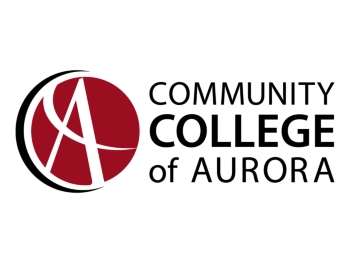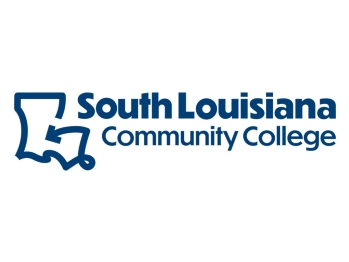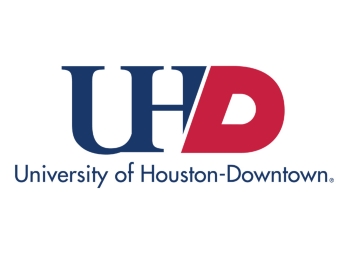NASPA Emergency Aid Microgrant Initiative
Unexpected and emergency expenses remain a persistent barrier to on-time college completion and student success. A staggering number of students, particularly those enrolled in public 2-year and most Minority Serving Institutions (MSIs), report they would be unable to come up with $500 within a month. NASPA has a deep commitment to addressing basic needs of college students, and we recognize the importance of emergency aid grants in supporting the persistence of students facing unexpected financial crises. This year, NASPA is awarding 2-and 4-year accredited institutions with emergency aid microgrants. Sponsored by TIAA, NASPA is awarding selected institutions with up to $10,000 to provide emergency aid resources directly to students.
APPLICATIONS NOW CLOSED





